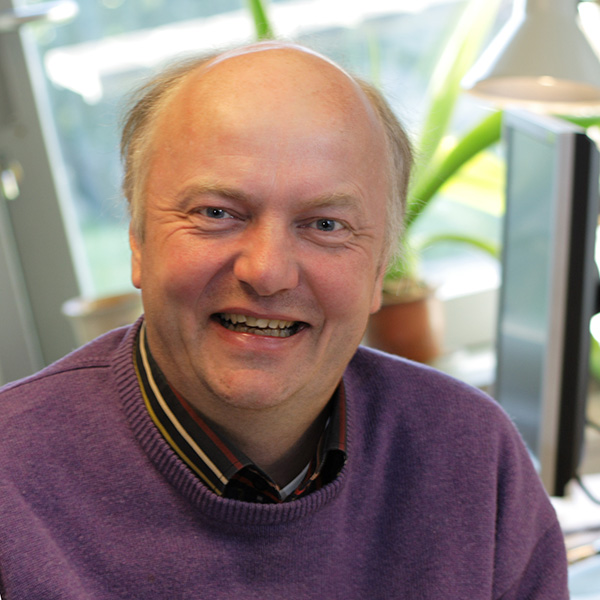100% Renewable Smart Energy Systems
Abstract
This presentation elaborate on the concept of Smart Energy Systems and present a case of applying such concept to the design of a 100% renewable energy future for a local community in Europe by 2050. Aalborg in Denmark is used as a case and the study focus on how such a local community are to be seen as part of the Danish as well as the European overall strategies.
In recent years, the terms “Smart Energy” and “Smart Energy Systems” have been used to express an approach that reaches broader than the term “Smart grid”. Where Smart Grids focus primarily on the electricity sector, Smart Energy Systems take an integrated holistic focus on the inclusion of more sectors (electricity, heating, cooling, industry, buildings and transportation) and allows for the identification of more achievable and affordable solutions to the transformation into future renewable and sustainable energy solutions.
It is often highlighted how the transition to renewable energy supply calls for significant electricity storage. However, one has to move beyond the electricity-only focus and take a holistic energy system view to identify optimal solutions for integrating renewable energy. In this presentation, an integrated cross-sector approach is used to argue the most efficient and least-cost storage options for the entire renewable energy system concluding that the best storage solutions cannot be found through analyses focusing on the individual sub-sectors. Moreover, such approach leads to a solutions primarily based on existing energy infrastructures rather than leading to significant extra investments.
The presentation presents a set of methods and criteria to design Smart Energy Cities, while taking into account the context of 100% renewable energy on a national level. Cities and municipalities should handle locally what concerns local demands, but acknowledge the national context when discussing resources and industrial and transport demands. To illustrate the method, it is applied to the case of transitioning the municipality of Aalborg to a 100% renewable Smart Energy System within the context of a Danish and European energy system.
Biography
Henrik Lund (born 2 July 1960) is a Danish engineer (M.Sc.Eng.1985) and Professor in Energy Planning at Aalborg University in Denmark. He holds a Ph.D. in Implementaion of Sustainable Energy Systems (1990), and a Dr.Techn. in Choice Awareness and Renewable Energy Systems (2009).
Henrik Lund is a highly ranked world-leading researcher. He is listed among ISI Highly Cited researchers ranking him among the top 1% researchers in the world within engineering.
Henrik Lund has many years of management experience as head of department for approx. 200 staff persons (1996-2002), head of section for approx. 50 persons (2014 – 2016) and head of research group of 20-30 persons (2002 – present). During his time the Sustainable Energy Planning research group at Aalborg University has now grown to approx. 30 staff members including 5 professors.
Henrik Lund is Editor-in-Chief of Elsevier’s high-impact journal Energy with annual 8000+ submissions.
Henrik Lund is the author of more than 400 books and articles including the book ”Renewable Energy Systems”. He is the architect behind the advanced energy system analysis software EnergyPLAN, which is a freeware used worldwide that have form the basis of more than 100 peer reviewed journal papers around the world.
